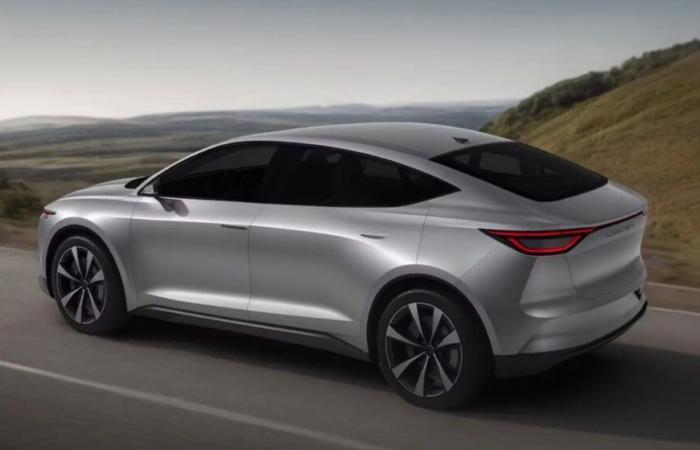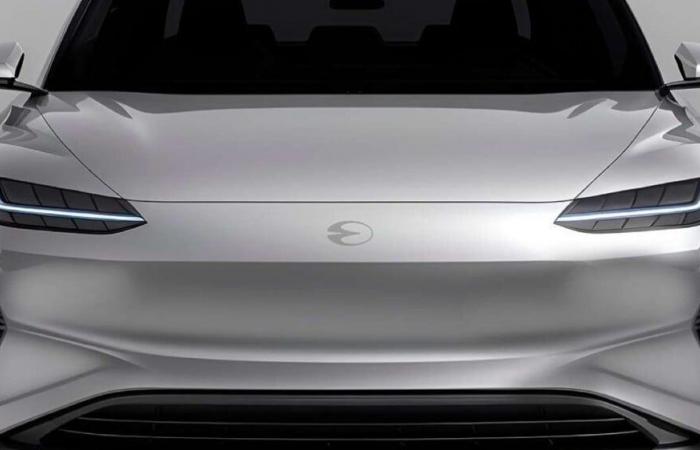The Horse joint venture, created by the French group Renault and the Chinese group Geely in May 2024, is looking at a new range-extending electric car technology. The idea: an electric car that uses gasoline.
A few months ago, you may have heard of the Horse company. If not, let us tell you a few words about it.
Full name “Horse Powertrain Limited” is an international company specializing in the development and production of low-carbon and alternative powertrain technologies. Created in May 2024 following a joint venture between the Renault group and the Chinese Geely, Horse aims to provide hybrid and thermal powertrain solutions. This collaboration is part of a context of decarbonization of the automotive industry, with a focus on low-emission engines and alternative fuels, such as methanol, ethanol, and hydrogen, but not only!
Horse collaborates with industrial partners such as Renault, Volvo, Nissan, and Mitsubishi to offer powertrain solutions covering a wide range of hybrid and alternative fuel technologies.
Technology intended for emerging countries
But now, Horse is exploring new horizons by signing its first engine production agreement for an extended-range hybrid electric vehicle (EREV) for a vehicle: the Lecar 459 Hybrid. Doesn’t this model ring a bell? That’s normal, since it hasn’t been launched yet. It’s scheduled to arrive in 2026 and will be the first model from Brazilian carmaker Lecar, a young company founded by entrepreneur Flávio Figueiredo Assis.
Lecar aims to offer a new range of affordable electric vehicles, specifically designed for the Brazilian market. We will therefore not see the colour of it in Europe.
With this agreement, Horse will supply 12,000 units per year of its HR10 1.0-liter three-cylinder engine, an engine specially designed to run on flex fuels, such as ethanol, which are very popular in Brazil.
Horse’s HR10 engine, manufactured at the Curitiba plant in Brazil, generates up to 116 hp of power and 200 Nm of torque. Alongside this unit, Lecar will rely on an electric generator supplied by WEG, Horse’s partner for electrical components.
An electric motor, really?
The HR10 engines, which will be integrated into the Lecar 459 Hybrid’s Range Extender system, are already used in similar solutions for Horse’s light commercial vehicles. These motors do not directly power the vehicle’s wheels.but power the battery via an on-board electric generator, allowing the engine to operate in its most efficient state, reducing fuel consumption and emissions.
In other words, it’s a technology very similar to that used by Nissan with its e-Power engines. Can we really call these “electric” engines? We’ll let you be the judge.
To go further
Why is the new electric Nissan X-Trail an ecological aberration?
The EREV system will allow the Lecar 459 Hybrid to be recharged like any other electric vehicle, using public charging stations or domestic sockets. When the engine is powered by low-emission flex fuels, this significantly reduces the vehicle’s carbon footprint over its entire life cycle, “making the EREV comparable to long-range electric vehicles.”
These systems allow manufacturers to advance impressive ranges, often exceeding 1,000 km. Chinese manufacturers are fond of them, and Hyundai is also interested in this technology. A first Korean model equipped with this engine is planned for 2027 with an estimated range of 900 km.






